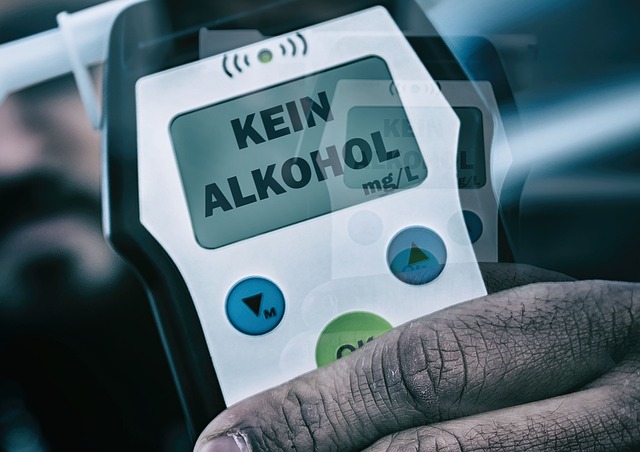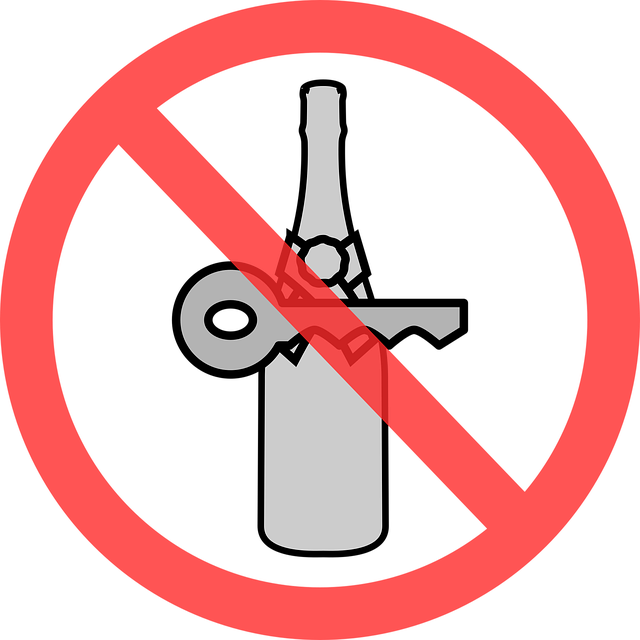High-risk reoffenders with DUI issues face complex challenges like mental health struggles, lack of support, and triggering environments, which increase the likelihood of recurrence. Effective management requires a holistic approach using support groups and structured programs tailored to their needs. These initiatives provide peer connections, stress management tools, coping mechanisms, and accountability, while facilitating access to mental health resources. Support groups create safe, accountable spaces for sharing experiences, fostering emotional healing, and breaking repetitive cycles, ultimately reducing reoffending rates through integrated social connections and education.
In the complex landscape of high-risk reoffender DUI management, support groups play a pivotal role in fostering recovery. This article explores the multifaceted benefits of employing a holistic approach through these groups, delving into strategies that effectively address the unique challenges faced by individuals seeking to overcome alcohol-related offenses. By examining strategies for cultivating safe and accountable group dynamics, we aim to illuminate how support networks can significantly enhance DUI recovery outcomes for at-risk offenders.
- Understanding High-Risk Reoffender DUI Management: Challenges and Needs
- The Role of Support Groups in DUI Recovery: A Holistic Approach
- Strategies for Effective Group Dynamics: Fostering Safety and Accountability
Understanding High-Risk Reoffender DUI Management: Challenges and Needs

Understanding high-risk reoffender DUI management is crucial in navigating the complex challenges associated with substance abuse and criminal behavior. This population often faces unique barriers to recovery due to the interplay of addiction, legal repercussions, and social stigma. High-risk individuals may struggle with recurrence due to underlying mental health issues, lack of social support, or exposure to triggering environments. Effective management strategies require a multifaceted approach that addresses these complex needs.
Support groups play a pivotal role in empowering high-risk reoffenders by providing peer-to-peer connections and fostering a sense of community. Structured programs tailored to their specific challenges can offer evidence-based tools for stress management, coping mechanisms, and accountability. By understanding the unique dynamics of this demographic, recovery support networks can adapt services to address legal complexities, facilitate access to mental health resources, and promote sustainable sobriety in a challenging environment.
The Role of Support Groups in DUI Recovery: A Holistic Approach

Support groups play a pivotal role in the holistic approach to DUI (Driving Under the Influence) recovery, especially for high-risk reoffenders. These groups offer a safe and non-judgmental space where individuals can share their experiences, struggles, and victories related to alcohol or substance abuse and driving under the influence. By participating in regular meetings, members gain valuable peer support, accountability, and a sense of community. This collective environment facilitates emotional healing and encourages personal growth, which are essential components of successful recovery.
In addressing high-risk reoffender DUI management, support groups provide tools and strategies to break repetitive cycles. Through open discussions, individuals learn from one another’s challenges, developing coping mechanisms and resistance to triggers. Moreover, these groups foster a sense of responsibility and self-awareness, encouraging members to stay accountable and committed to their recovery journey. By integrating social connections, education, and emotional support, support groups offer a comprehensive framework to aid in the long-term management of DUI-related issues, ultimately reducing reoffending rates.
Strategies for Effective Group Dynamics: Fostering Safety and Accountability

In a support group for recovery, especially one catering to high-risk reoffenders with DUI management issues, creating a safe and accountable environment is paramount. Facilitators should establish clear ground rules at the outset, emphasizing respect, confidentiality, and active participation. This sets the tone for an open yet controlled space where members feel secure sharing their experiences without fear of judgment or repercussions.
Holding group members accountable involves fostering a culture of peer support and collective responsibility. Encouraging members to check in with one another between sessions, offering guidance, and holding each other to account for goals can enhance the effectiveness of these dynamics. This sense of camaraderie within a structured framework is particularly beneficial for high-risk individuals, aiding in their transition towards positive behavior change and reducing the likelihood of reoffending.
Support groups play a pivotal role in aiding high-risk reoffenders with DUI management, offering a holistic approach to recovery. By fostering safe and accountable group dynamics, these groups provide a network of support that addresses the unique challenges faced by individuals aiming to turn their lives around. Effective group therapy strategies not only enhance accountability but also create a sense of community, ultimately aiding in successful long-term recovery for those struggling with DUI offenses.






